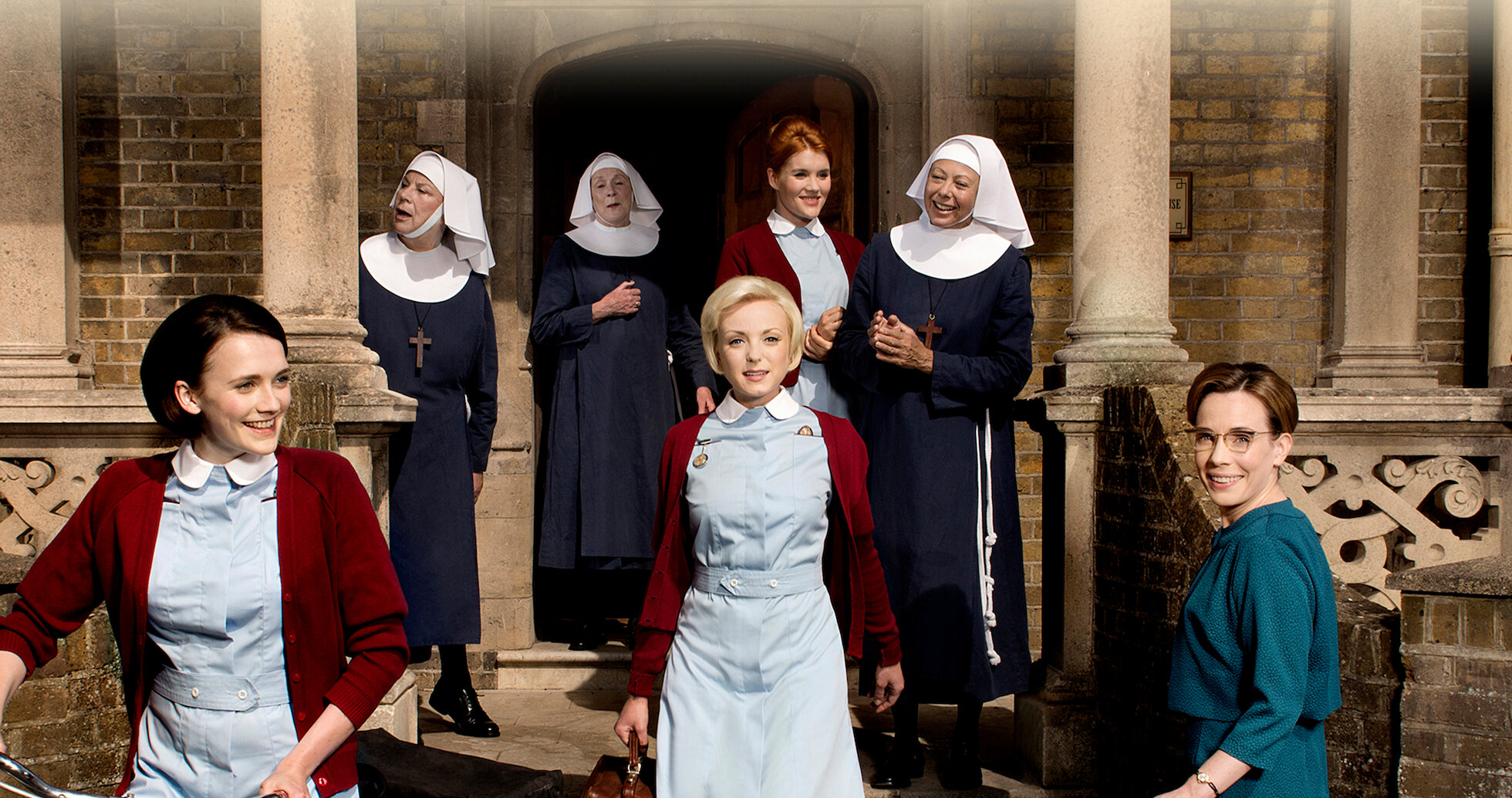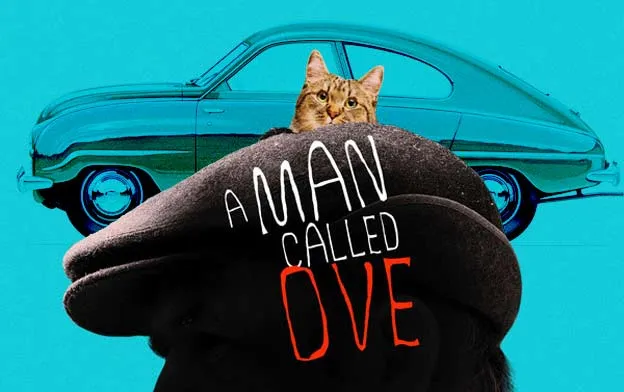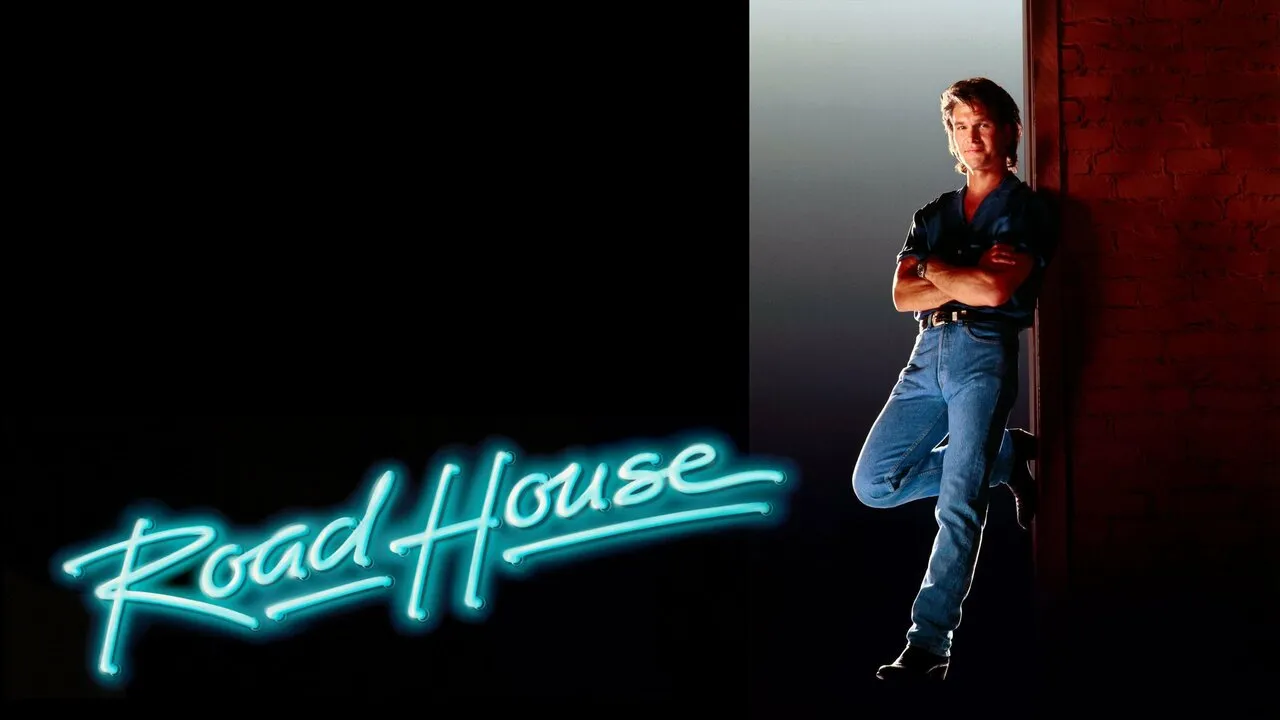Since its debut in 2012, Call the Midwife has quietly but powerfully claimed a place in the hearts of millions around the world. Set in the post-war East End of London and based on the memoirs of Jennifer Worth, the series has evolved from a gentle medical drama into a deeply moving chronicle of social change, resilience, and the enduring strength of women.
Over more than a decade on screen, Call the Midwife has grown into something far greater than its humble beginnings. It has tackled difficult issues with grace — from poverty, racism, and abortion, to disability, addiction, and the evolving role of the Church and the medical profession. And through it all, the show’s steady heartbeat has remained: women helping women, one birth at a time.
Set initially in the late 1950s, Call the Midwife has followed the lives of the midwives and nuns at Nonnatus House, a nursing convent serving the underprivileged community of Poplar. With every new season, the timeline has advanced, carrying us through the turbulent 1960s and early ’70s — eras of radical social change, medical advancement, and cultural revolution.
But what’s extraordinary is how the show never loses its emotional intimacy, even as the world outside Nonnatus House shifts dramatically. While technology evolves — introducing gas and air, ultrasounds, and even early neonatal care — the core challenges remain heartbreakingly human. A mother losing a baby. A woman facing judgment for choices she didn’t make. A husband trying to understand a diagnosis that didn’t exist ten years ago.
The performances remain top-tier, especially from long-time cast members like Helen George (Trixie), Jenny Agutter (Sister Julienne), and Stephen McGann (Dr. Turner). Each actor brings quiet dignity and authenticity to their roles, grounding the sometimes sentimental scripts with raw emotion and realism.
Unlike many long-running shows that lose steam over time, Call the Midwife has remained relevant by being unafraid to confront the pain, injustice, and beauty of real life. In an age of fast-paced thrillers and dark prestige dramas, it stands apart by offering warmth without simplicity, and hope without denial.
It’s also one of the few series that consistently centers women’s voices — not just in dialogue, but in story structure. The show gives equal attention to the struggles of working-class mothers, the choices of unmarried women, the moral dilemmas of Catholic sisters, and the professional ambitions of female doctors and nurses. These are stories still too rare on television, especially told with such care.
As of its most recent season, Call the Midwife has reached the early 1970s. And with the show already renewed for additional seasons, fans can’t help but wonder: what’s next?
If we imagine a future season — perhaps set in 1975 — we might see Nonnatus House grappling with Britain’s growing economic crisis, the rise of feminism, and the expansion of reproductive rights. New characters could emerge: perhaps a young Black nurse training under Lucille’s legacy, or a male midwife challenging gender roles in a female-dominated space.
Medical challenges of the time could include the rise of IVF, early AIDS-related cases misdiagnosed as rare immune disorders, or the spread of STDs following the sexual revolution. Meanwhile, societal changes such as immigration policies, strikes, or shifts in religious life could test the resilience of the Nonnatus team more than ever.
And perhaps most poignantly, we could explore how the midwives themselves are aging — how their own bodies, minds, and beliefs are tested by the very system they’ve worked in for years. Watching characters like Trixie, now a wife and seasoned professional, mentor the next generation would offer viewers a touching sense of legacy and change.
Call the Midwife is not a show built on twists or cliffhangers. It’s built on humanity — the quiet miracle of life, the dignity in care, and the courage it takes to show up for others, day after day, birth after birth. It may be set in the past, but it speaks to the present with startling clarity.
Whether you’ve been watching since season one or are just discovering it now, Call the Midwife reminds us that the smallest stories — a baby born, a hand held, a prayer whispered — can carry the deepest truths.
And as long as there are stories to be told about compassion, courage, and community, there will always be another mile for Nonnatus House to walk.


-1751517237-q80.webp)


